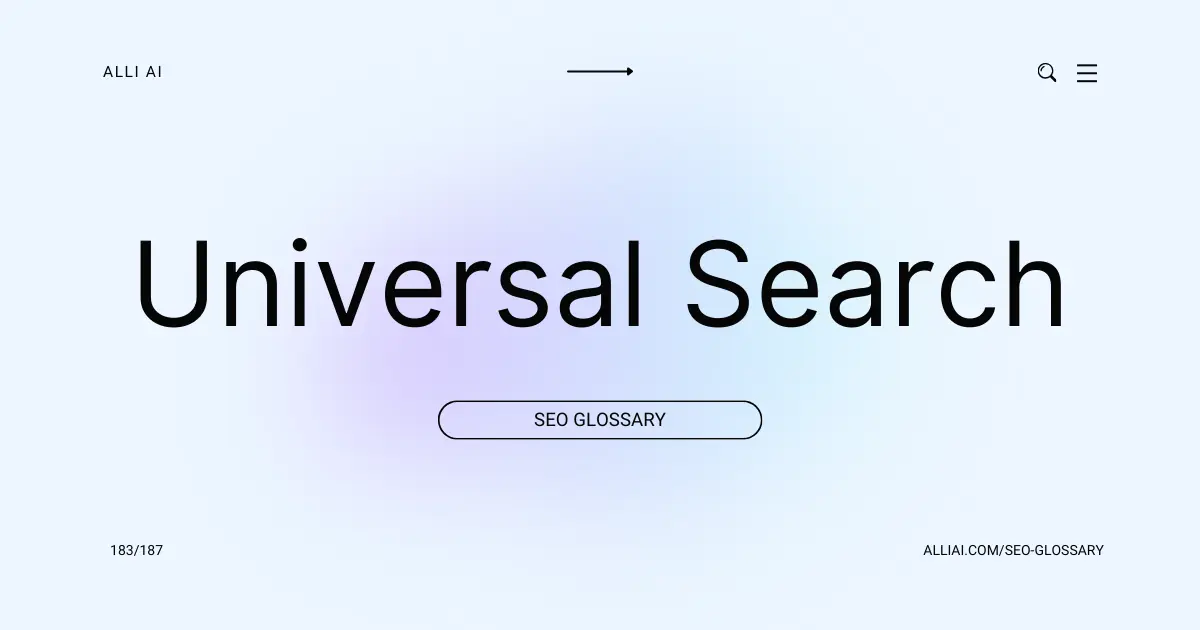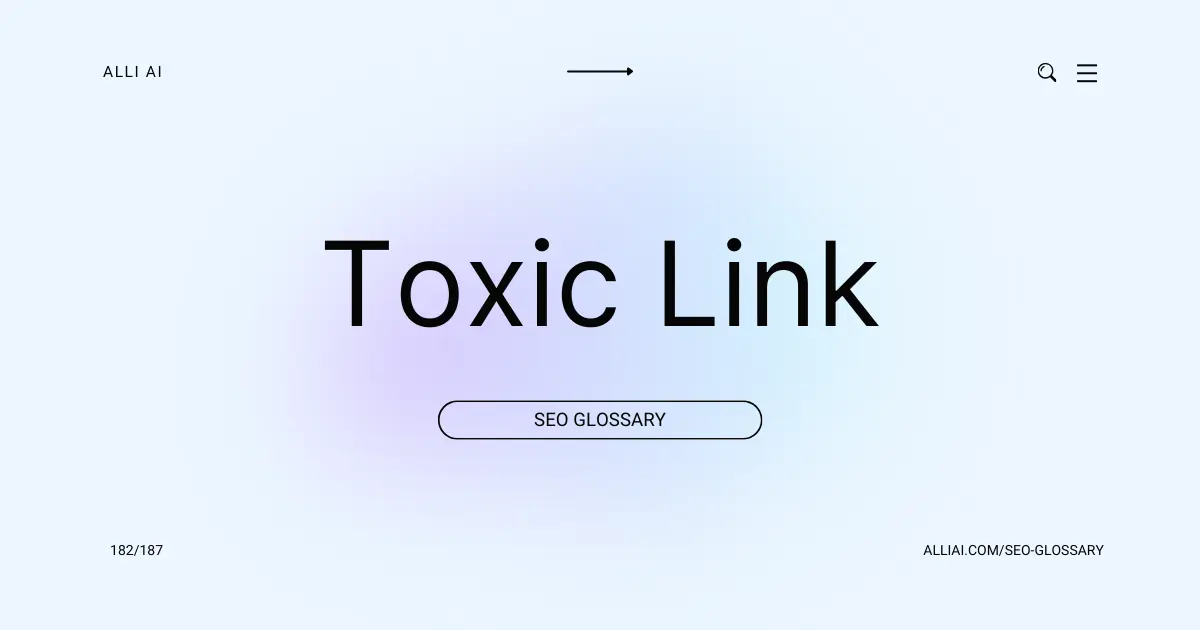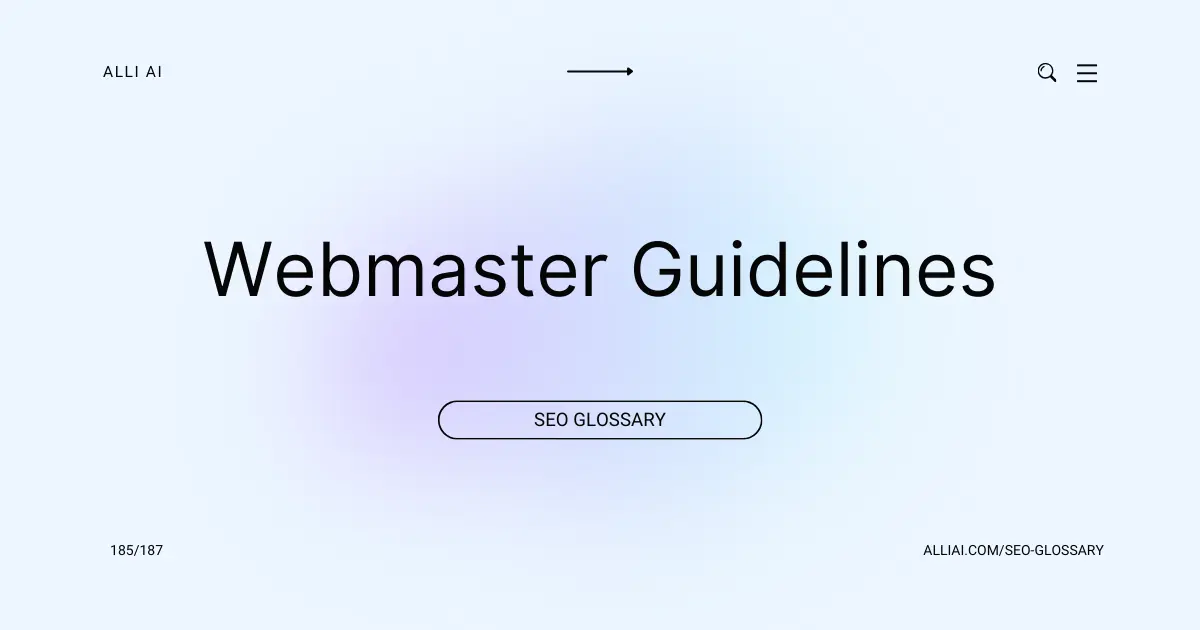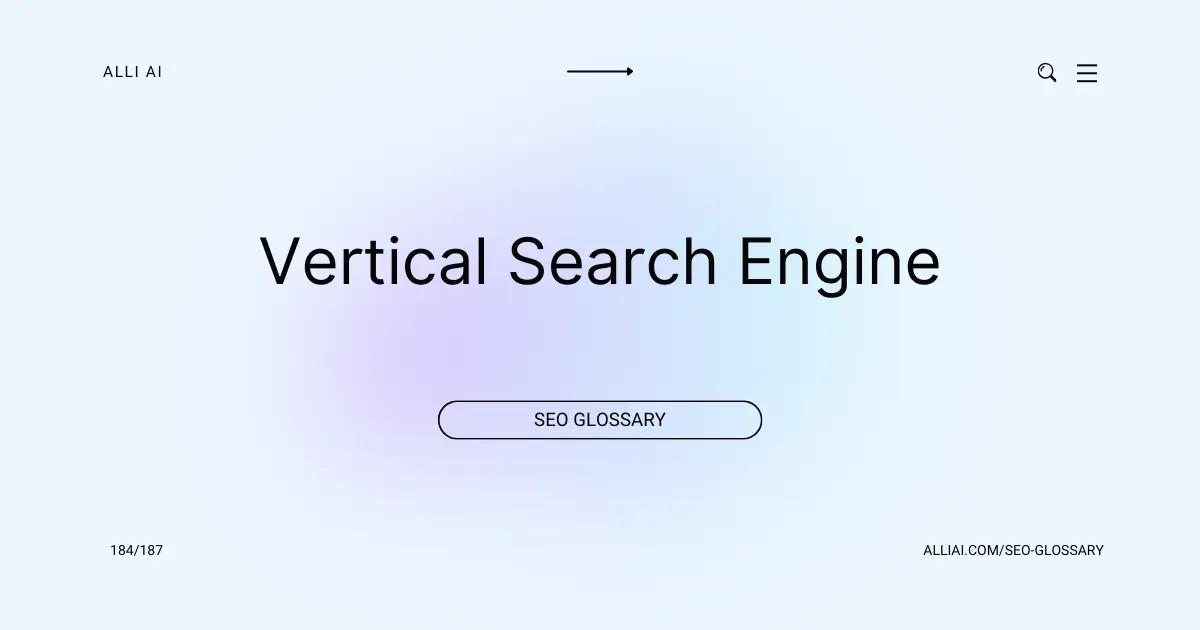What Does Citation Mean?
Citation in SEO refers to any online mention of a local business’s name, address, and phone number (NAP). These citations can appear on local business directories, websites, apps, or social platforms and help improve the visibility in local search engine results. Citations help search engines verify the accuracy and relevance of a business’s contact information and offerings, thus playing a crucial role in local SEO.
Where Does Citation Fit Into The Broader SEO Landscape?
Citations are references to a business’s name, address, and phone number (NAP) on other webpages, often without a direct link to the business’s website. In the context of SEO, particularly local SEO, citations play a crucial role by helping search engines, especially Google, verify the accuracy of the business’s contact details and its existence. Accurate citations enhance the trust search engines have in the validity of business data, which can influence rankings in local search results. Citations come from combinations of directories, business listings, social media profiles, and other industry-related sites. The consistency of NAP information across these citations influences how search engines assess the legitimacy of a business, impacting its visibility in local SERPs (Search Engine Result Pages). Thus, building a strong citation profile is essential for improving local search visibility.
Real Life Analogies or Metaphors to Explain Citation
1. Citations in SEO are like references on a resume: Just as job references verify a candidate’s credibility and history, citations in SEO confirm the credibility and existence of a business in the online world.
2. Citations are like votes in a democratic election: Each citation acts like a vote for a business, telling search engines that the business is recognized and relevant within its community.
3. Adding citations is like building a spider’s web: Each citation is a thread in the web, expanding the reach and strength of the business’s online presence, and each additional thread helps to capture more attention and validation from local search engines.
4. Citations are like having an audience clap for a performance: The more applause (citations) a business garners, the more prominent and visible it becomes to passersby, essentially boosting its recommendation by the crowd (search engines).
5. Citations as road signs: Like road signs that guide travelers to a destination, citations guide customers and search engines toward a business’s detailed and legitimate information online.
How the Citation Functions or is Implemented?
1. Defining Citation Goals: Citations are created with specific goals such as improving local SEO, boosting domain authority, or establishing brand consistency across the web.
2. Research: Identify platforms pertinent to the business’s industry where citations could be listed including business directories, social platforms, and local listing services.
3. Data Collection: Gather all necessary business information for citations, including name, address, phone number (NAP), business descriptions, URLs, and operating hours.
4. Creation and Submission: Enter the business’s information into each platform manually or use automated tools like Yext or Moz Local to ensure the information is uniform across all sites.
5. Verification: Complete any necessary steps to verify the business with the platform, which might involve phone verification, email confirmation, or a physical postcard verification.
6. Quality Check and Consistency: Regularly check the published citations for accuracy and consistency, updating any changes in business information like location moves or changed phone numbers.
7. Monitoring and Management: Use tools like Google Alerts, SEMrush, or BrightLocal to monitor citations for changes and track the impact on SEO.
8. Responding to Reviews and Engagements: Manage interactions within these platforms, responding to customer reviews or questions to boost engagement and positive reputation.
9. Reporting and Analysis: Regularly analyze the performance of citations in contributing to SEO goals, using metrics like search rank improvements, website traffic, and conversion rates.
Impact Citation has on SEO
Citations, or mentions of a business’s name, address, and phone number (NAP) on other webpages, are crucial for local SEO as they help to increase the trust and authenticity of a business in the eyes of search engines. A consistent and widespread presence of accurate citations enhances visibility in local search engine results by affirming the legitimacy of the business location. Inaccurate or inconsistent citations can lead to confusion for both users and search engines, potentially harming the business’s search engine ranking. Additionally, citations can indirectly improve user experience by providing accurate information that helps users easily find and contact the business.
SEO Best Practices For Citation
1. Identify the core citation required for optimization (e.g., business name, address, phone number).
2. Ensure the citation information is accurate and consistent across all platforms.
3. Claim and verify your Google My Business listing.
4. Submit the citation to major local directories (e.g., Yelp, YellowPages, BBB).
5. Submit the citation to industry-specific directories.
6. Submit the citation to regional or local directories.
7. Check for and correct any discrepancies in existing citations.
8. Encourage customers to leave positive reviews on your Google My Business and other directories.
9. Monitor the performance and rankings of the citation in local search results.
10. Update the citation information as needed (e.g., if you move locations or change phone numbers).
Common Mistakes To Avoid
1. Inconsistent NAP Information:
– Ensure that your business’s Name, Address, and Phone number (NAP) are consistent across all platforms, including directories, social media, and your website.
2. Neglecting Local Directories:
– List the business in local directories in addition to major ones to better target local searches.
3. Ignoring Reviews and Ratings:
– Regularly monitor and respond to reviews across all platforms where your business is listed.
4. Failing to Update Information:
– Keep all business information up-to-date, including changes in address, hours, or contact information.
5. Overlooking Niche Directories:
– List your business in industry-specific directories to target relevant audiences more effectively.
6. Duplicate Listings:
– Regularly check for and resolve any duplicate listings to avoid diluting your search rankings.
7. Forgetting to Verify Listings:
– Ensure that all your listings are verified, which often involves confirming a code sent via mail or email by the listing platform.
8. Ignoring the Quality of Citations:
– Prioritize high-quality, reputable directories for listings over a large quantity of low-quality entries.
9. Overlooking the Importance of Visual Elements:
– Include high-quality photographs and videos where possible to enhance your listings.
10. Not Utilizing Local Keywords:
– Integrate relevant local keywords in your business descriptions and profiles.
11. Forgetting About Analytics:
– Use analytics tools to track how well your citations are performing and adjust strategies as necessary.
12. Mismanagement of Multiple Locations:
– Manage each location’s citations individually while maintaining overall brand consistency.
13. Neglecting Link Opportunities:
– Understand which directories allow for website links and ensure they are included and functioning.
14. Poor Choice of Categories:
– Accurately categorize your business in directories to ensure you reach the most relevant audience.
15. Skipping on Additional Information:
– Beyond NAP, add business descriptions, services or products offered, and other differentiators.






